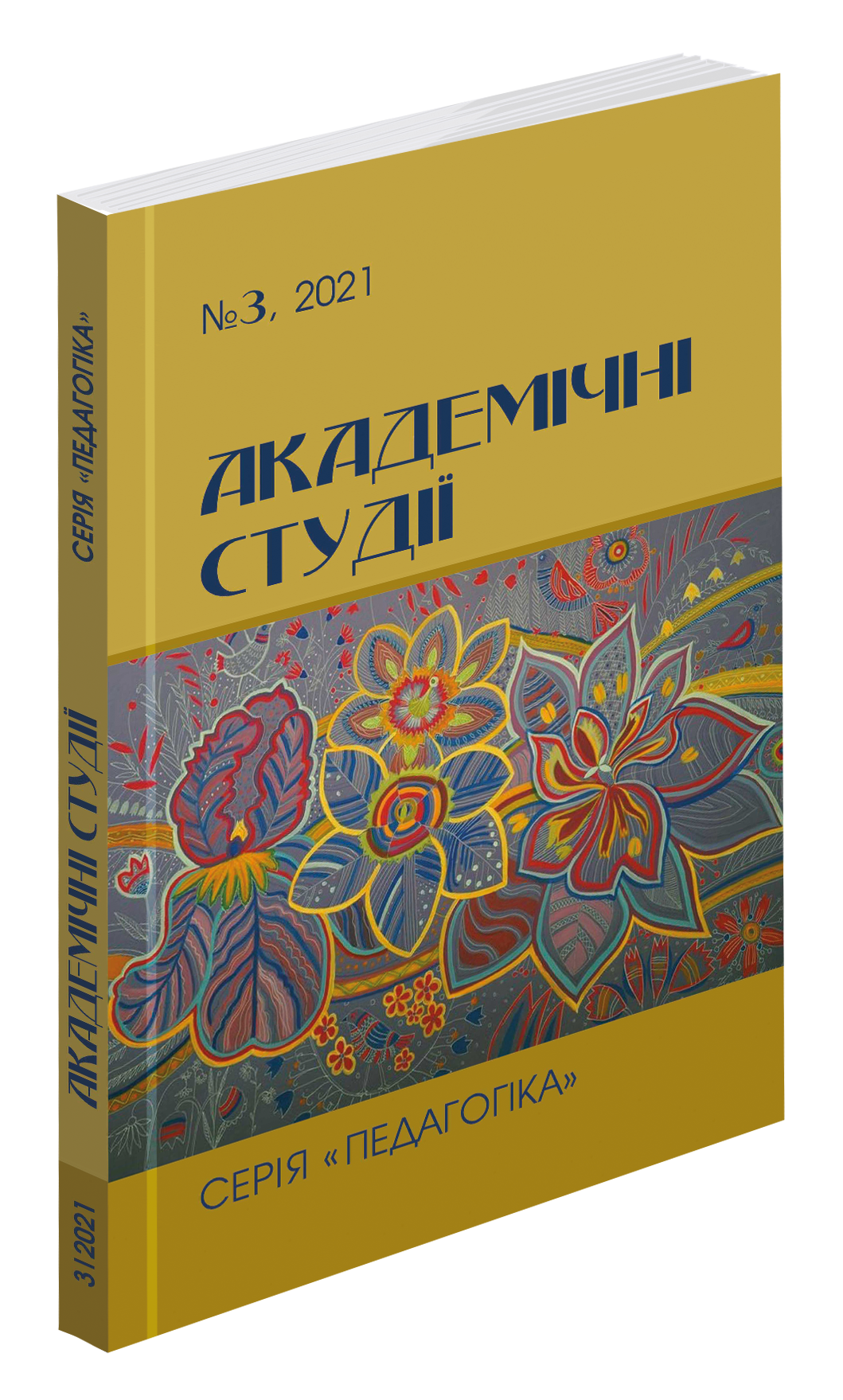Abstract
The work is devoted to the analysis of E. Gellner convictions, one the most representativing of modernist direction prominent comprehensioner of nation concept and nationalism, who made a significant endowment to theoretical thought formation in this area. It is shown the main principle advocated by the scientist was the principle political and national units coincidence. E. Gellner recognized the sovereign state as a necessary condition for nationalism development, because it enables structures existence that create a nation. E. Gellner emphasized the crucial importance of socio-economic factors for nationalism emergence. Given the subject of our study, special attention was paid to Gellner's understanding nationalism phenomenon in coordinates of educational system and culture in general. It is shown E. Gellner sorted out the following factors in the creation of the future nation by consistent allocation in the historical context due to education: writing emergence, changing worldviews, ensuring the state's right to general and government-guaranteed education, spreading single culture through schools and universities, standardizing education, supplying the demand of state education system. It was emphasized that the scientist gave a decisive importance to the state's ability to maintain the education system and maintain its high level for the creation and development of a political nation, and the upbringing of national consciousness. It is noted E. Gelner identified the factors of nation formation and the development of nationalist movements in state absence. Among the reasons that made these processes possible, the scientist singled out the following: self-reproduction of culture at the local level, which allows the transfer of social experience, education of traditional norms of behavior, longevity of culture, scientific study of national heritage, mass education, organization of educational and scientific environment growth of national consciousness, cultural and national self-determination of the intelligentsia, the struggle of the people for national rights, the development of local self-government, the spread of communication in society. It is emphasized that after some time the main aim national intelligentsia efforts and the people becomes national statehood creation, or at least the desire for it. It is emphasized that these provisions illustrate the Ukrainian nation-building experience. The paper substantiates E. Gellner's approaches to the problem nation and nationalism descendance, national consciousness formation through educational institutions are still relevant today and confirm their effectiveness.
References
Ґелнер Е. Нації та націоналізм; Націоналізм / пер. з англ. Київ : Таксон, 2003. 300 с.
Геллнер Э. Пришествие национализма. Мифы нации и класса. URL: http://litopys.org.ua/gellner/puti.htm
Калхун К. Национализм. Пер. А. Смирнова. Москва : Издательский дом «Территория будущего». 2006. 288 с.
Касьянов Г. Передмова URL: http://litopys.org.ua/gellner/gel01.htm
Лісовий В. Перший в Україні систематичний виклад теорій нації та націоналізму. URL: http://litopys.org.ua/kasian/kas01.htm
Лях К. И. Функционалистская теория национализма Эрнеста Геллнера. Тамбов: Грамота, 2014. № 11 (49): в 2-х ч. Ч. I. C. 124-128.
Миллер А. И. Теория национализма Эрнеста Геллнера и ее место в литературе вопроса. Национализм и формирование наций. Теории – модели – концепции. Отв. Ред. А. И. Миллер. Москва : 1994. С. 3-18.

